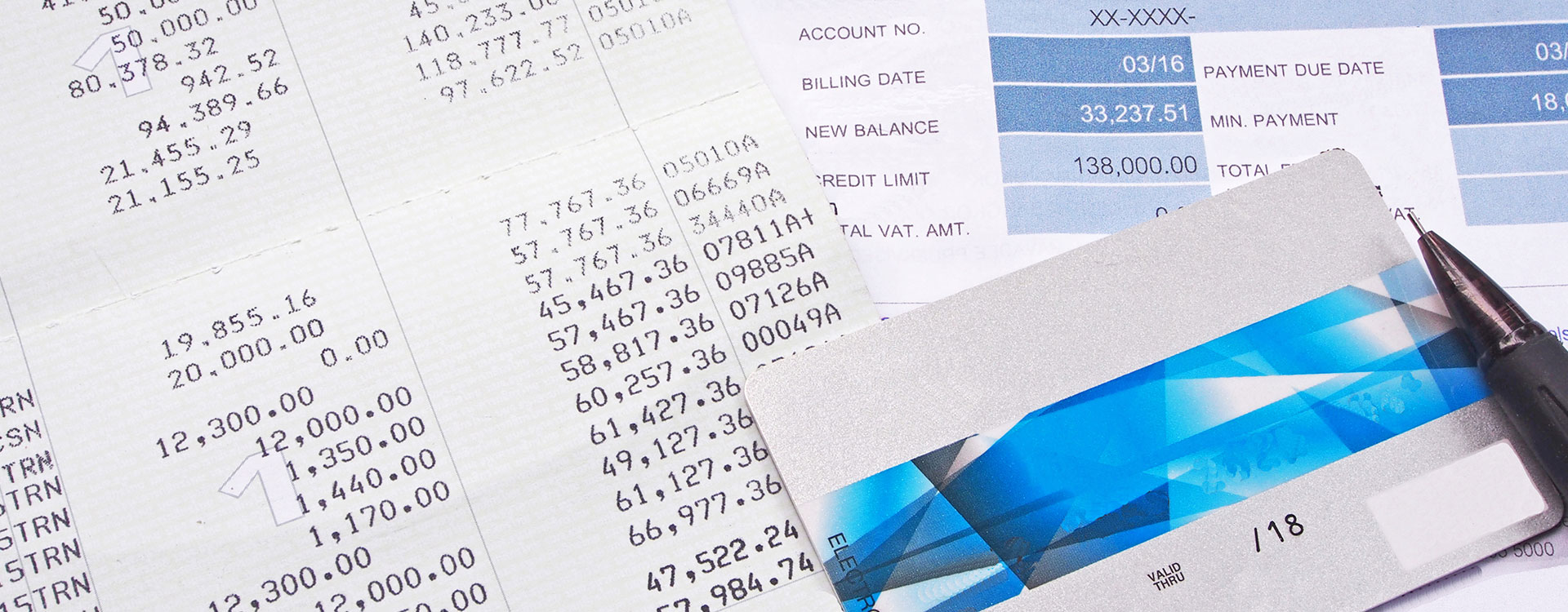Finding out if student loans affect your credit score is a common concern among students and recent graduates.
With so many conflicting opinions and misinformation, it can be difficult to determine the truth. Knowing the facts about how student loans impact your credit score is crucial in order to make informed decisions when it comes to managing your finances.
The student loan debt in the United States was $1.75 trillion in 2024 with $28,950 owed per borrower, on average. This large amount of debt can have a significant impact on your financial future. Is your credit score one of the things that will be affected?
The answer is yes, but it's not as simple as a straightforward “yes” or “no.”
KEY TAKEAWAYS:
- Student loans do impact your credit score, but the effect depends on how you manage them.
- Late payments and defaulting on student loans can have a negative impact on your credit score.
- Consistently making payments on time and in full can actually improve your credit score.
Understanding Credit Scores
Before diving into the impact of student loans on your credit score, it's important to first understand what a credit score is and how it is calculated.
Simply put, a credit score is a three-digit number that represents an individual's creditworthiness. It is used by lenders to determine the risk of lending money to a person and helps them make decisions on loan approvals, interest rates, and credit limits.
There are several credit scoring models in use, but the most commonly used one is the FICO score. This score ranges from 300-850 and is calculated based on five factors: payment history, amounts owed, length of credit history, new credit, and types of credit used.
Payment history, which accounts for 35% of your FICO score, is especially important when it comes to student loans.
Many students don't study finances specifically, so it's understandable that there might be some confusion about credit scores and how they are impacted by student loans. Let's take a closer look at the effects of student loans on your credit score.
Impact Of Student Loans On Credit Score
Student loans can have both positive and negative impacts on your credit score depending on how you manage them.
Late payments or defaulting on student loans can have a negative impact on your credit score.
This is because payment history is the most significant factor in calculating your FICO score. When you miss payments or default on your loans, it reflects negatively on your credit report and lowers your score.
On the other hand, consistently making payments on time and in full can have a positive impact on your credit score. This shows responsible financial management and can improve your creditworthiness in the eyes of lenders.
Additionally, having a variety of types of credit, such as student loans, can also positively contribute to your credit score by showing that you are able to handle different types of debt.
Students Loans As Installment Loans
Student loans are categorized as installment loans, meaning they have a fixed repayment period and require regular monthly payments.
This is different from revolving credit, such as credit cards, which do not have a fixed repayment period and allow for varying payment amounts.
Having installment loans in your credit mix can be beneficial for your credit score.
It shows that you have experience managing different types of loans and can handle both short-term and long-term debt responsibly. This diversity in credit types accounts for 10% of your FICO score.
How Different Student Loans Can Affect Your Credit Score
There are two types of student loans – federal loans and private loans.
With Federal loans, delinquency is reported after 90 days of non-payment. Private loans can report late payments after 30 days. Knowing this difference can help you prioritize which loans to pay off first in case of financial difficulties.
Additionally, defaulting on your student loans can have serious consequences for your credit score. It can stay on your credit report for up to seven years and severely damage your creditworthiness.
It may also result in wage garnishment or legal action from the lender. It is important to carefully manage and make timely payments on your student loans to avoid these negative impacts on your credit score.
How To Improve Your Credit Score With Student Loans
Now, let's imagine that you are making timely payments on your student loans and have a good credit mix. How can you further improve your credit score with student loans?
One strategy is to make extra payments on your loans whenever possible.
This not only helps you pay off the loan faster, but it also lowers your overall debt-to-income ratio, which accounts for 30% of your FICO score.
Lowering your debt-to-income ratio shows that you are responsible with managing your debt and can positively impact your credit score.
Another strategy is to refinance your student loans. By refinancing, you may be able to secure a lower interest rate, which can save you money in the long run. It can also help reduce the total amount of interest you pay over the life of the loan.
However, be sure to carefully consider the terms and conditions of refinancing before making any decisions.
Finally, make sure to regularly check your credit report for any errors or discrepancies. If you spot any mistakes, you should dispute them with the credit reporting agency. These errors can negatively impact your credit score and it's important to address them as soon as possible.
Debt Relief For Student Loans
If you are struggling to make payments on your student loans, there are options available for debt relief.
One option is income-driven repayment plans, which adjust your monthly payments based on your income and family size. This can provide some financial relief and help prevent defaulting on your loans.
Just be careful of scams or companies that promise to completely eliminate your student loan debt. These are often too good to be true and can end up causing more harm than good.
It's always important to do thorough research and consult with a trusted financial advisor before making any major decisions regarding your student loans.
At Credit9, we offer loan options that could provide you with the financial solution that works best for you.
How Credit9 Can Help You
Since 2018, Credit9 has provided over $300 Million in loans to over 25,000 of our customers, and we’re confident we can help you too. For more information about Credit9’s unique debt consolidation services, contact us today to see how we can help you consolidate your debts and receive a free, no-obligation, and fully-customized Credit9 loan solution!



